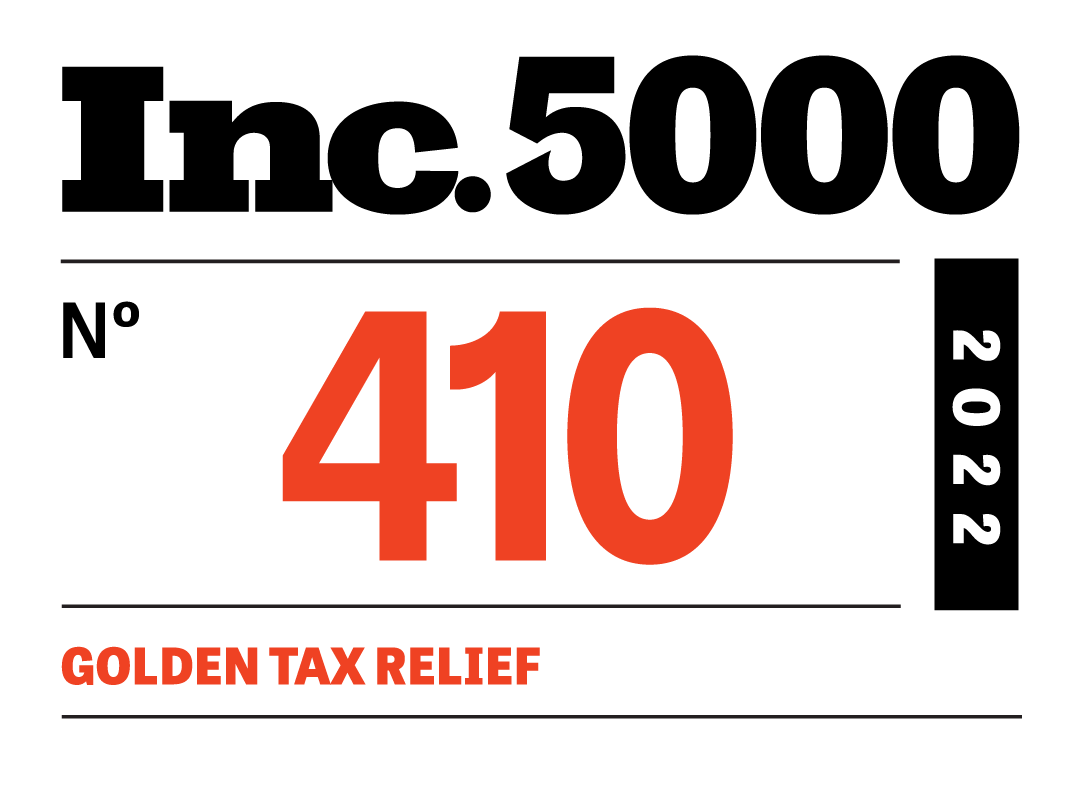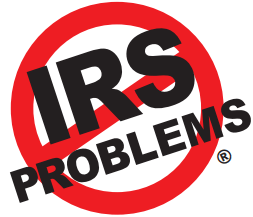
Innocent Spouse Relief Services Serving The Chicagoland Area & Nationwide
Many married taxpayers elect to file a joint tax return. The filing of a joint tax return offers certain benefits, namely a lower tax rate. However, both taxpayers are each equally responsible for the tax reflected on the tax return, plus penalties and interest. Further, both taxpayers are equally responsible for additional tax liability in the event of an audit. Even where one spouse earns all of the income and the tax is solely attributable to that spouse, the other spouse is equally liable for all of the tax liability if a joint tax return is filed. In cases where one spouse is responsible for underreported income or a bad deduction, both spouses are responsible for the resulting tax liability on a joint tax return.
There are different types of innocent spouse relief that are available, including separation of liability or equitable relief. A discussion of each type of relief is set forth below:
CASE STUDY: Deceased Spouse Leaves Surprise IRS Debt
In this case study, our taxpayer’s husband was killed in an auto accident. In the wreckage, the wife discovered a briefcase full of IRS notices. Until that moment, she did not know that they had an IRS problem. She immediately retained the IRS Trouble Solvers™ which was able to obtain innocent spouse relief for her. Despite the devastating changes to her life caused by her husband’s death, she can now move forward knowing that she is free of any IRS problems.
-
Innocent Spouse Relief
Innocent spouse relief is available if you owe additional tax because your spouse or former spouse failed to report income, reported income improperly or claimed improper deductions on a joint tax return you filed with that spouse. In order to qualify for innocent spouse relief you must have filed a joint tax return containing an understatement of tax. This understatement must be directly related to the erroneous items claimed on that return by your spouse. Erroneous items include unreported income and improper deductions or credits. The innocent spouse must also establish that he or she did not know or had no reason to know that there was an understatement of tax when the return was signed. The IRS must determine that it would be unfair to hold you liable for the understatement of tax taking into account all of the facts and circumstances of your case.
-
Separation of Liability
In order to be eligible for separation of liability, the taxpayer must have filed a joint return and must meet one of the following requirements:
• You are divorced or legally separated from the spouse with whom you filed the joint tax return; or
• That spouse is deceased or you have not lived with that spouse for twelve months prior to the date you seek innocent spouse relief. You must also demonstrate that you did not know that the tax return you filed with that spouse contained an understatement. If you had knowledge of the problem on the joint tax return when it was filed, you are not eligible for relief under separation of liability.
-
Equitable Relief
One may be entitled to equitable relief if they do not otherwise qualify for innocent spouse relief or separation of liability. Equitable relief may be available if there was unreported income on your tax return or an unpaid liability, neither of which has been paid. Relief under this theory may be available to you if it would be unfair to hold you liable for the understatement or the underpayment of tax. This is the most difficult type of innocent spouse relief to obtain.




